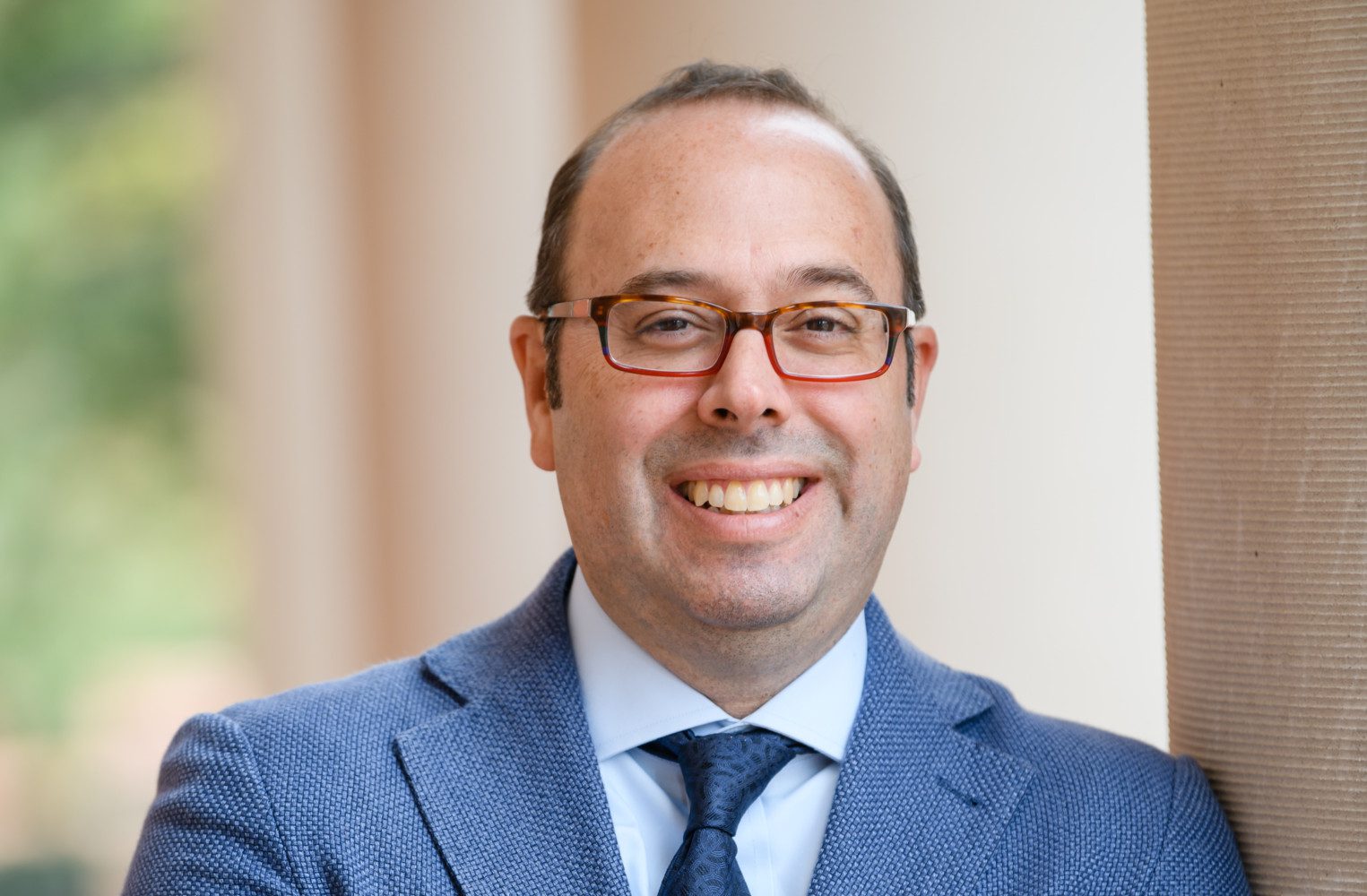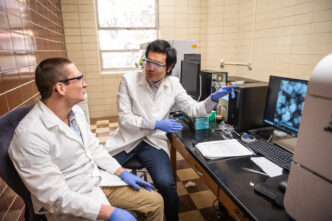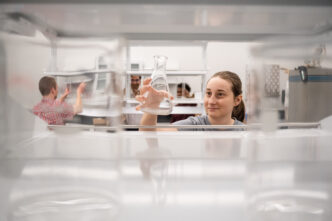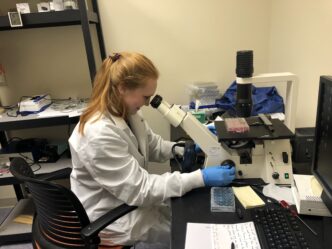A Clemson University alumnus who went on to become a distinguished researcher and chair of Clemson’s Department of Materials Science and Engineering continues to leave his mark on the study of ceramics with not one, not two, but three significant accolades.
Kyle Brinkman was recently selected as an academician with the World Academy of Ceramics, was elected fellow of the Royal Society of Chemistry and has received The Navrotsky Award for Experimental Thermodynamics of Solids from The American Ceramic Society.
“I am profoundly honored by these recognitions, but they are not mine alone,” Brinkman said. “Every accolade presented to me is a testament to the dedication, innovation and relentless pursuit of excellence of our entire team. Together, we are shaping the future of ceramics science and engineering.”
Brinkman was among 15 candidates from around the globe selected as academicians, or professional members, for this year’s Class “Science” by the World Academy of Ceramics.
The title honors internationally renowned contributions to the advancement of ceramics culture, science, technology, industry and art. Selection involves rigorous criteria, including personal contributions to ceramic knowledge, fostering global understanding within the ceramics community and leadership in ceramics education or research.
Brinkman was also elected fellow by The Royal Society of Chemistry. The honor recognizes those who have been in a senior leadership position for more than five years and have made an impact in any field of the chemical sciences.
The Navrotsky Award was in recognition for a paper titled, “Radiation damage and thermal annealing in tunnel structured hollandite materials.”
The honor is awarded biennially to “an author who made the most innovative contribution to experimental thermodynamics of solids technical literature during the two calendar years prior to selection,” according to The American Ceramic Society.
Co-authors on the paper are Mingyang Zhao, Nancy Birkner, Yun Xu and Brinkman, all of Clemson’s Department of Materials Science and Engineering; and Eric O’Quinn and Maik Lang, both of the University of Tennessee’s Department of Nuclear Engineering.
In the study, researchers doped hollandite with three different metals to test which could best resist damage from a high-energy ion beam. They found that hollandite doped with gallium had the greatest stability.
The paper was published in December 2020 in the journal Acta Materialia. Brinkman was set to accept the award at the annual meeting of The American Ceramic Society in fall 2023.
Brinkman received a Bachelor of Science in chemical engineering in 1998 and a Master of Science in materials science and engineering in 2000, both from Clemson. He graduated from the Swiss Federal Institute of Technology in Lausanne, Switzerland with a Ph.D. in materials science and engineering in 2004.
Brinkman then served as a postdoctoral fellow at the Advanced Industrial Science and Technology Institute in Japan as part of a program sponsored by the Japanese Society for the Promotion of Science from 2005-07. He later worked as a principal engineer in the Science and Technology Directorate of the U.S. Department of Energy’s Savannah River National Lab from 2007-14.
Brinkman joined Clemson as an associate professor in 2014 and ascended to chair in 2019.
He is a fellow of The American Ceramic Society.
Among those offering their congratulations on Brinkman’s latest honors was Anand Gramopadhye, dean of the College of Engineering, Computing and Applied Sciences.
“Kyle Brinkman is an exemplar researcher and scholar, and this triple recognition is a testament to his reputation and the high level of talent we nurture in the college,” Gramopadhye said. “I offer him my wholehearted congratulations.”


Kyle Brinkman, chair of the Department of Materials Science and Engineering, was named Fellow of The American Ceramic Society.






